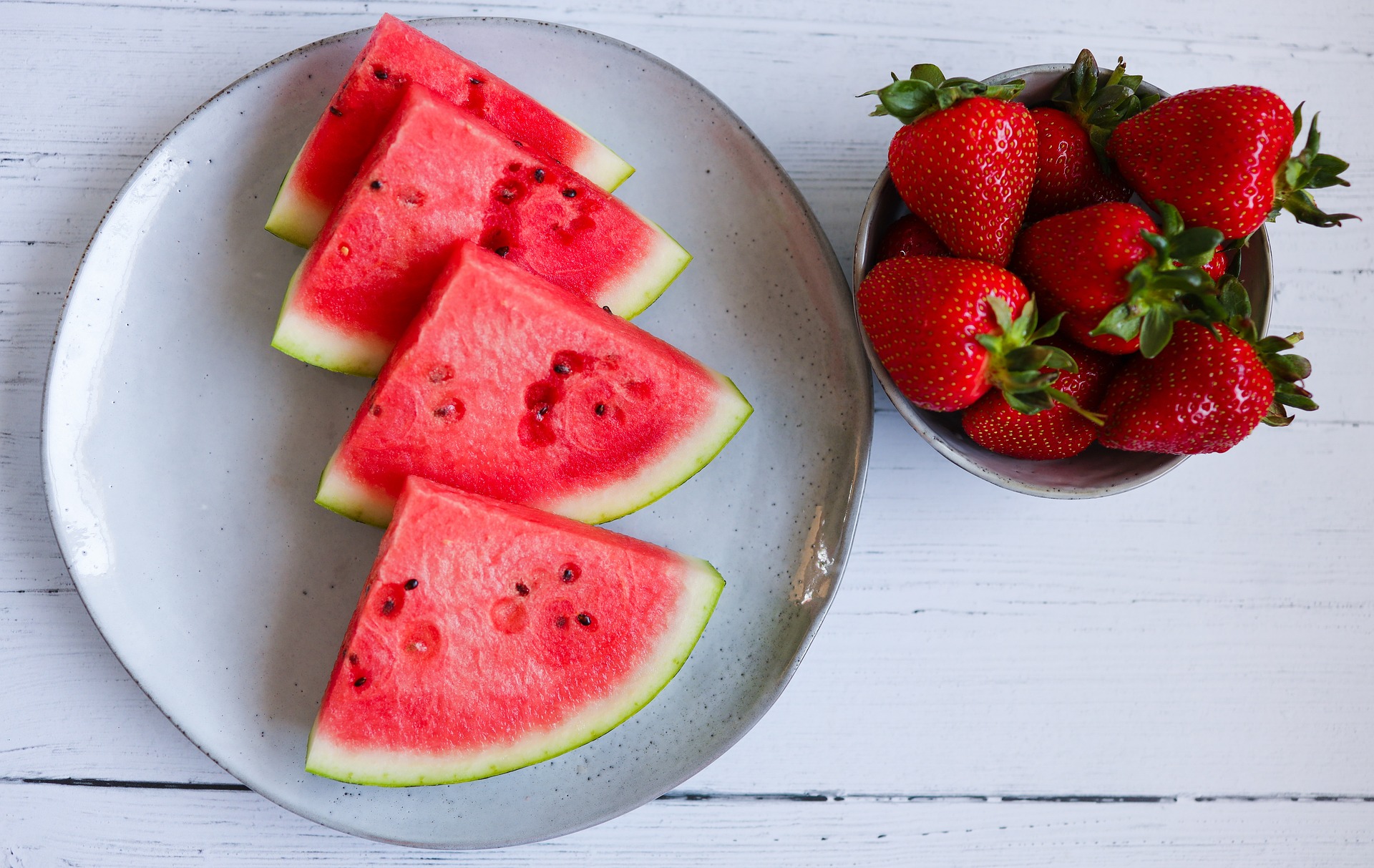Traditional Chinese Medicine (TCM) maintains that a proper diet is vital to achieving a healthy yin and yang balance. TCM practitioners understand that “cold” or “cooling” foods can adversely affect overall health and wellness. But before we discuss how these foods may affect you, it is essential to clarify what is meant by the term “cold foods.” In Traditional Chinese Medicine (TCM), nutrition is thought of differently than most Western thought. Instead of talking about carbohydrates, proteins, and fiber, food properties are categorized as nature (temperature), flavors, moving tendencies, and function.
A food’s nature is described as hot, warm, neutral, cool, and cold, similar to temperature. But in TCM, this does not refer to absolute temperatures – such as if food is at room temperature or straight out of the refrigerator. Any food’s nature (temperature) depends on how the body reacts to it. In TCM therapy, foods are used to balance the body’s yin and yang.
How Food Influences Yin and Yang
Examples of cooling foods include raw, uncooked vegetables like lettuce and kale, watermelon, strawberries, bananas, and cold drinks. By way of contrast, warming foods include red meat, onion and garlic, peppers, oranges, mangoes, and coffee.
The concept behind Yin and Yang is to balance energy flow in the body. Cold foods are related to yin, while warm foods are associated with yang. In other words, when too many cooling foods are consumed, it can result in too much yin – and not enough yang – in the body. This condition can result in paleness, diarrhea, and a general sensation of “feeling cold.” Other physical symptoms of overconsumption of cold foods may include:
Blood circulation: When the yang is cooled, the human body finds it challenging to dissipate coldness. When channels are not adequately warmed, blood circulation can be compromised.
Blood stasis: Coldness can result in blood stasis (blood stagnation) syndrome. Blood stasis is a pooling of the blood due to a disruption of heart qi.
Increased pain: Cold foods can exacerbate chronic muscle aches and pains, such as those related to fibromyalgia.
Difficulty with weight loss: When qi is out of balance, it can be difficult to lose weight – and weight gain is possible.
Indigestion: Eating cold foods, like raw fruits and vegetables, can result in indigestion since these kinds of foods can be hard to digest. A lot of energy is required to digest cold foods as the digestive system is forced to work overtime to raise the temperature of cold foods.
When Women Overconsume Cold Foods
When consumed in amounts out of balance with warm foods, cold foods can cause more severe menstrual cramps, irregular periods, endometriosis, cysts, and uterine fibroids. Poor circulation may also have an adverse effect on fertility.
In Conclusion
The point of this article is not to dissuade you from eating cold foods but to point out the importance of understanding nutrition’s role in health and wellness. The human body is intricately balanced, and illness may simply be your body’s way of telling you that you must adjust your diet.
TCM practitioners are experienced in helping their clients understand food’s nature and properties and how it interacts with our body’s function. Dr. Cynthia Clark is not only a respected area practitioner of TCM but is also a certified nutritionist. If you are experiencing health concerns and are looking for a holistic approach to healing, call Dr. Cynthia at Longevity Wellness Clinic today.



